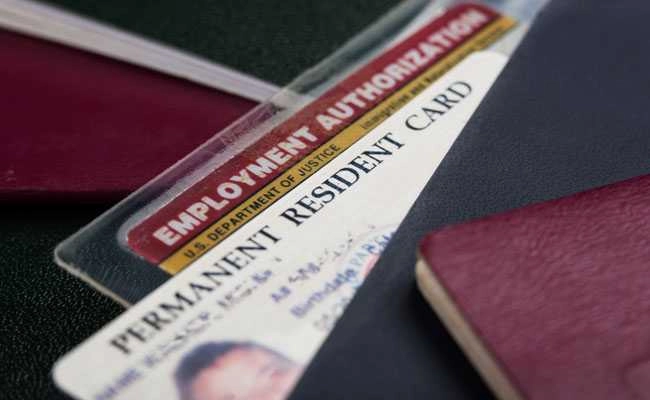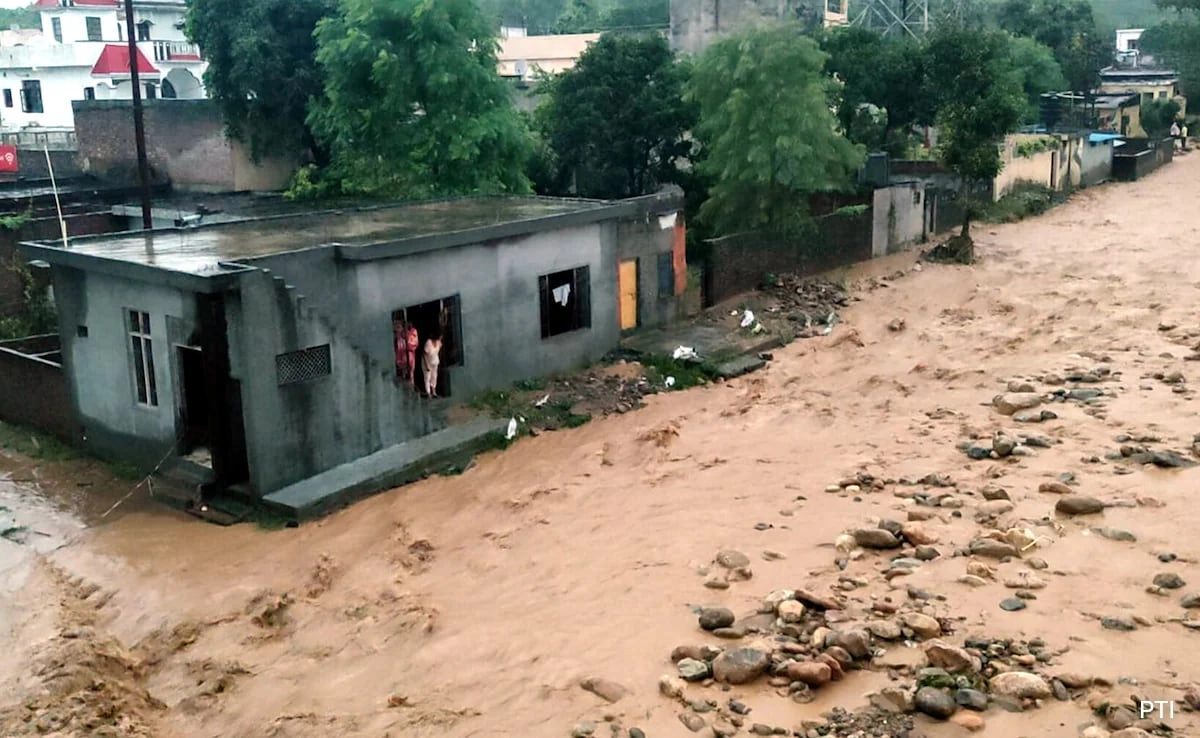The recent decision by the United States government to pause certain green card applications has raised significant concerns, particularly among Indian nationals who make up a substantial portion of the foreign workforce in the U.S. This development primarily affects employment-based green card applications, which are crucial for many skilled professionals seeking permanent residency. As a result, thousands of Indian applicants may face delays in their immigration journeys, leading to uncertainty about their futures in the country.
For many Indians, obtaining a green card is not just a matter of personal ambition; it represents stability, opportunity, and the ability to contribute fully to the U.S. economy. The pause on applications can disrupt long-standing plans for families and individuals who have invested years in their education and careers, often in high-demand fields like technology, healthcare, and engineering. The backlog in processing these applications could exacerbate existing challenges, including lengthy wait times and increasing competition for limited slots, particularly in employment-based categories where India is often the largest source of applicants.
Moreover, the implications of this pause extend beyond individual applicants. The U.S. economy relies heavily on the skills and talents of foreign workers, particularly in sectors facing labor shortages. Delays in green card processing could lead to a talent drain, as skilled professionals may seek opportunities in other countries with more favorable immigration policies. This could ultimately harm U.S. innovation and competitiveness in the global market, as companies may struggle to fill critical positions and maintain their growth trajectories.
The decision to pause green card applications also raises questions about the broader immigration policy landscape in the United States. Advocates for immigration reform argue that such actions highlight the urgent need for comprehensive changes to the immigration system, which has long been criticized for being outdated and inefficient. As the U.S. grapples with these challenges, it is essential for policymakers to consider the potential long-term consequences of their decisions and work towards solutions that balance national interests with the need for a diverse and skilled workforce. For Indian nationals and others affected by this pause, staying informed and engaged in the immigration process will be crucial as they navigate this uncertain period.




